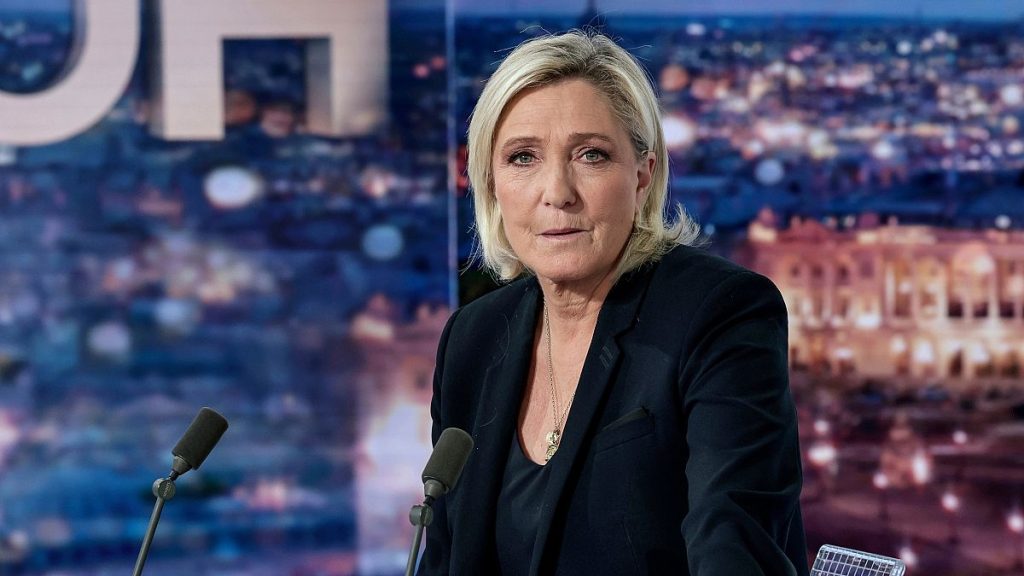The recent political upheaval in France marks a significant moment in the nation’s history as Prime Minister Michel Barnier faced a no-confidence vote resulting in the dissolution of his government. With 331 MPs from the left-wing coalition New Popular Front (NFP) and the far-right National Rally supporting the motion, this development plunges France into an uncertain political and economic landscape just six months after President Emmanuel Macron’s controversial decision to dissolve the National Assembly following significant losses in the EU elections. Barnier’s anticipated resignation will render him the shortest-serving prime minister in modern French history, further highlighting the instability that has characterized Macron’s administration.
Responses from various political factions have been mixed, showcasing the deep divides in France’s political landscape. Mathilde Panot, leader of the hard-left party France Unbowed (LFI), heralded the no-confidence vote as a “historic day,” framing it as a defense of democracy and calling for Macron to resign. Despite these calls, Macron remains in office until at least spring 2027 and is not legally compelled to resign. Olivier Faure, leader of the Socialist Party, publicly expressed skepticism that Macron’s resignation would help resolve the current crisis, indicating a belief that stability could be achieved through other means rather than a complete turnover in leadership.
Marine Le Pen, a prominent figure in the National Rally party, conveyed a more somber reaction, stating that the outcome of the vote does not constitute a clear victory for any party. She declined to demand Macron’s resignation outright but emphasized the need for collaborative efforts to construct the country’s budget for 2025. Le Pen’s willingness to engage with all parties in the National Assembly embodies a pragmatic approach, potentially signaling an opportunity for dialogue amidst the political turmoil that has beset the country.
Criticism of the vote’s outcome also surfaced from right-wing politicians, with Valérie Pécresse, President of the Paris region, labeling the day as “sad for France.” Pécresse defended Barnier, asserting he had made earnest efforts to stabilize the country during his brief tenure. This sentiment was echoed by outgoing Finance Minister Antoine Armand, who condemned the alliance between the left and the far-right as detrimental to national stability. Such statements reflect a broader concern regarding the implications of this political fragmentation for France’s governance and future direction.
As the dust settles from the vote, all eyes turn to President Macron, who is set to address the nation in the coming days. The specifics of this address remain unclear, particularly regarding when a new prime minister may be appointed to lead the country forward. The current administration must navigate not only domestic political challenges but also the need for economic stability and public confidence in the government’s direction. This transitional period could define Macron’s legacy as president, particularly in light of a polarized political environment and growing public dissatisfaction.
Ultimately, the political landscape in France has dramatically shifted, with Barnier’s resignation signaling a pivotal moment for the country’s leadership. Moving forward, the potential for cooperation between various political factions may offer a pathway toward resolving the current crisis, but it remains uncertain how effective such collaborations will be. With uncertainty surrounding Macron’s presidency and calls for significant change reverberating through the political spectrum, the coming weeks and months will be crucial in determining whether France can reclaim a sense of stability and direction in its governance.














